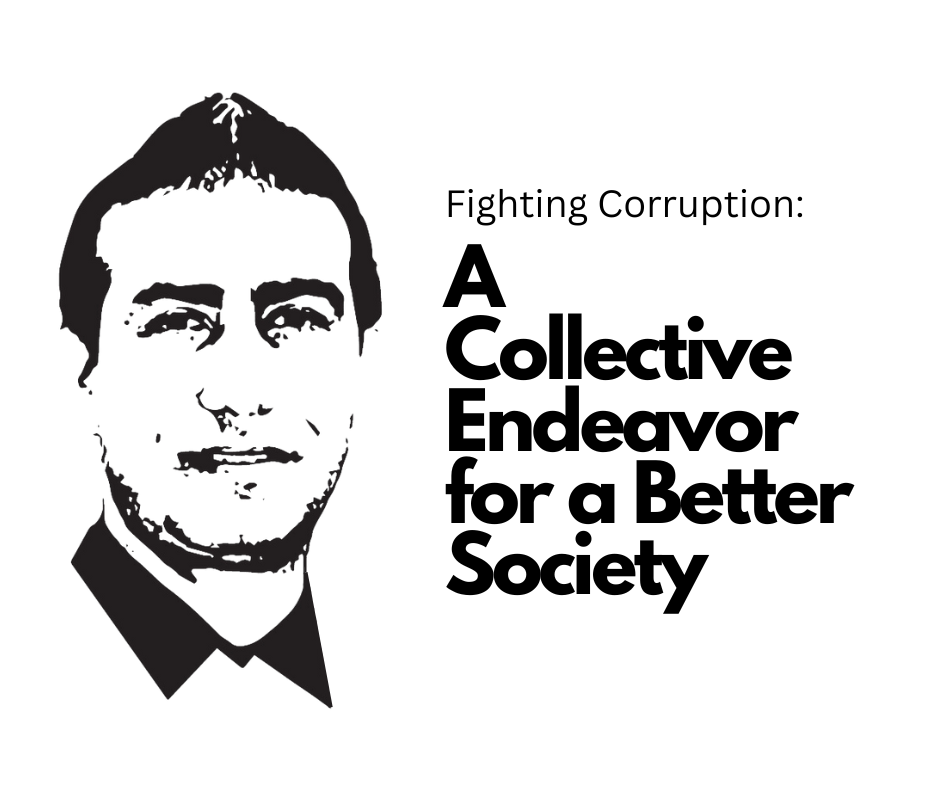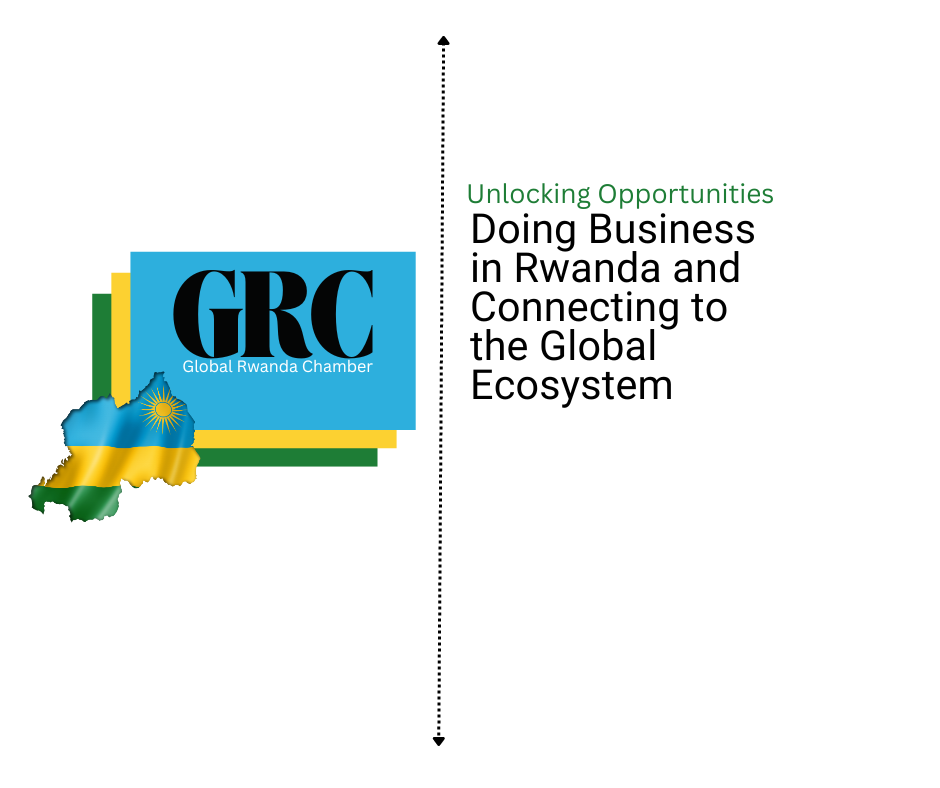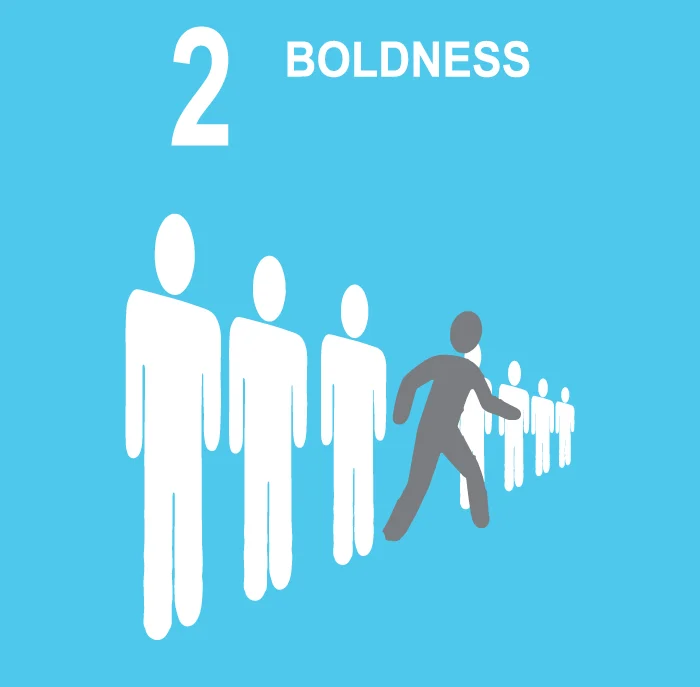Corruption, often termed as a disease plaguing societies worldwide, remains a significant threat to progress, fairness, and justice. Dr. Bilal Ahmad Bhat, a staunch advocate for transparency and integrity, delves into the imperative of combating corruption through collective efforts, anti-corruption initiatives such as the Fight Against Corruption (FAC), and the pivotal role of every citizen in this crucial endeavor
Understanding Corruption as a Disease
Corruption can be likened to a disease that undermines the fabric of society. It erodes trust in institutions, distorts economic systems, impedes development, and undermines the rule of law. From embezzlement and bribery to nepotism and favoritism, corruption manifests in various forms, causing widespread harm and injustice.
The Fight Against Corruption (FAC): An Anti-Corruption Movement
The Fight Against Corruption (FAC) represents a collective movement aimed at combating corruption at all levels. This initiative emphasizes the following key principles:
Transparency and Accountability: FAC advocates for transparency in government processes and institutions, coupled with robust accountability mechanisms to hold officials accountable for their actions.
Ethical Leadership: The FAC movement promotes ethical leadership and integrity among public officials, encouraging them to prioritize the public good over personal gain.
Citizen Engagement: FAC recognizes the importance of citizen engagement in anti-corruption efforts. It encourages citizens to report corrupt practices, participate in oversight mechanisms, and demand accountability from their leaders.
Legal Reforms: FAC advocates for legal reforms that strengthen anti-corruption laws, enhance enforcement mechanisms, and provide protection for whistleblowers and anti-corruption activists.
Every Citizen’s Role in the Fight Against Corruption
Each citizen has a crucial role to play in combating corruption:
Work from Home: In the digital age, citizens can work from home as anti-corruption advocates. They can utilize online platforms to raise awareness, share information about corrupt practices, and mobilize support for anti-corruption initiatives.
Taking Baby Steps: Combatting corruption begins with taking small but meaningful steps. This includes refusing to engage in corrupt practices, reporting corruption when encountered, and supporting ethical businesses and organizations.
Spreading the Message: Citizens can spread the message of anti-corruption through social media, community outreach programs, and educational campaigns. By raising awareness about the negative impacts of corruption, more people can be mobilized to join the fight.
Saying No to Corruption: The simple act of saying no to corruption in everyday interactions sends a powerful message. It reinforces a culture of integrity and ethical behavior, making it clear that corruption is not tolerated in society.
Conclusion: Embracing Integrity for a Brighter Future
In conclusion, Dr. Bilal Ahmad Bhat emphasizes the urgent need for collective action in fighting corruption. The Fight Against Corruption (FAC) and similar initiatives provide a framework for citizens to actively participate in anti-corruption efforts. By working together, taking small steps, spreading awareness, and saying no to corruption, we can pave the way for a more just, transparent, and prosperous society for generations to come.





One thought on “Fighting Corruption: A Collective Endeavor for a Better Society”